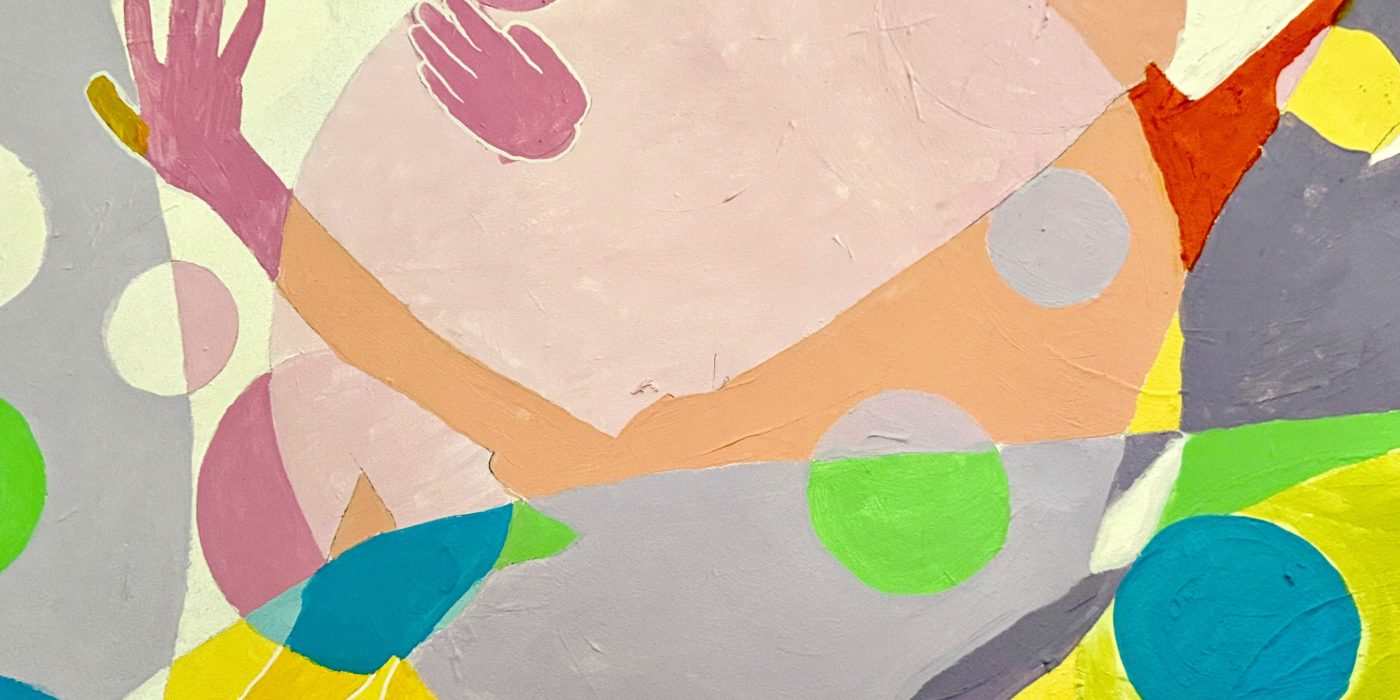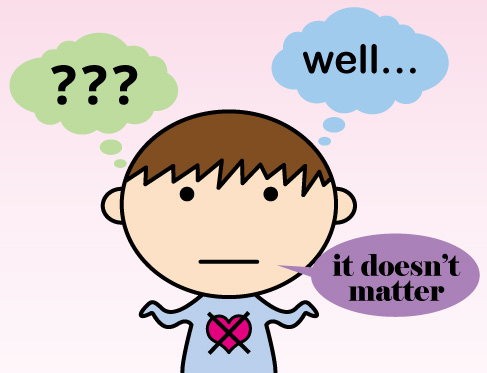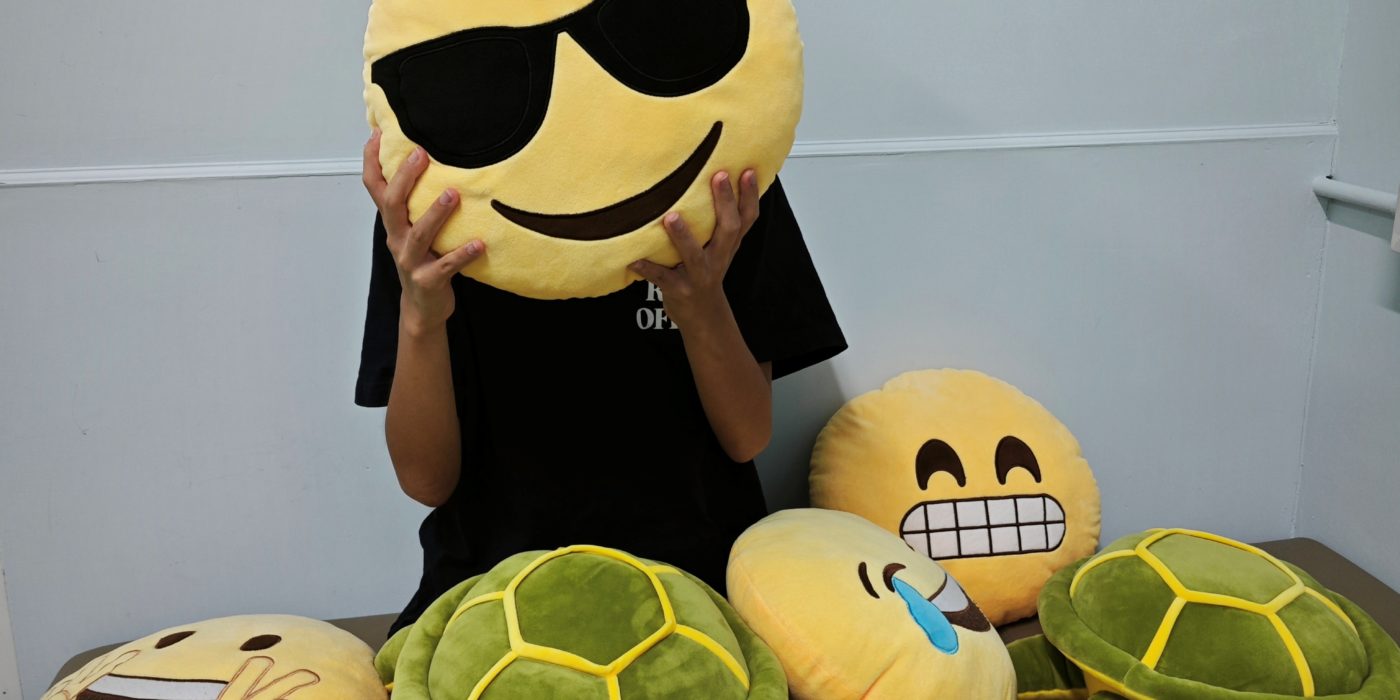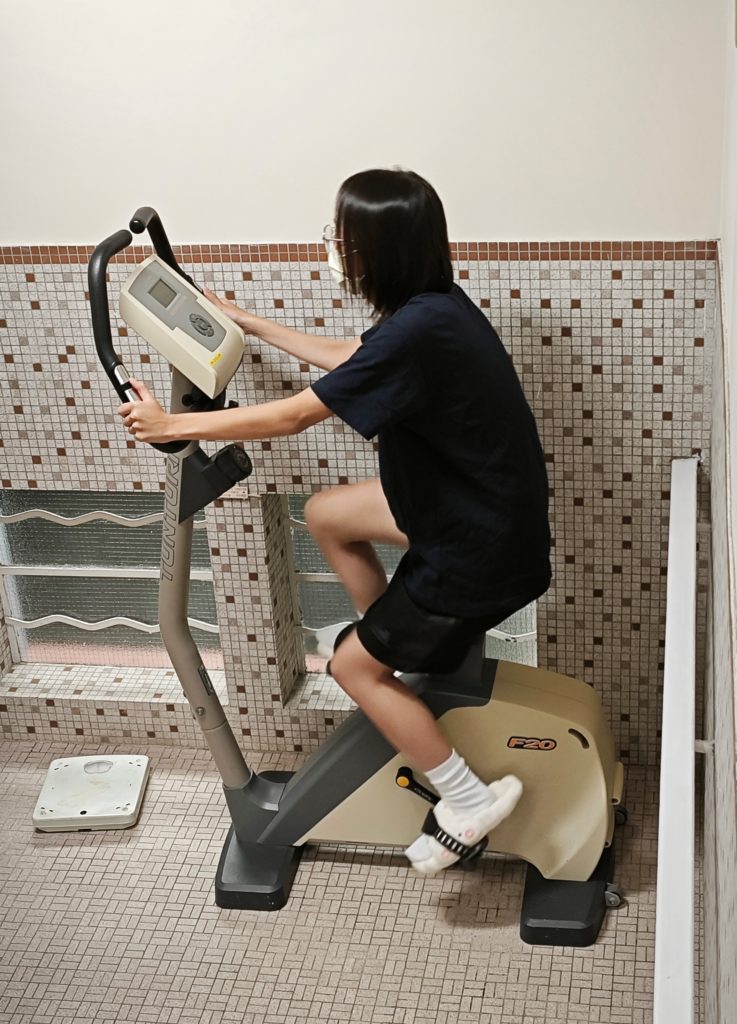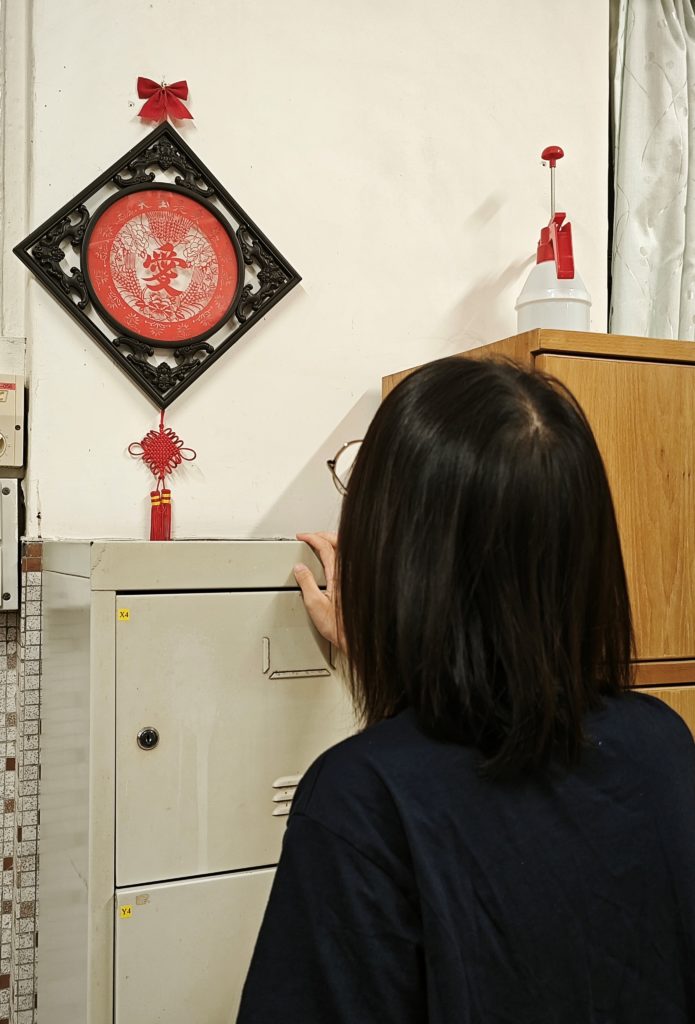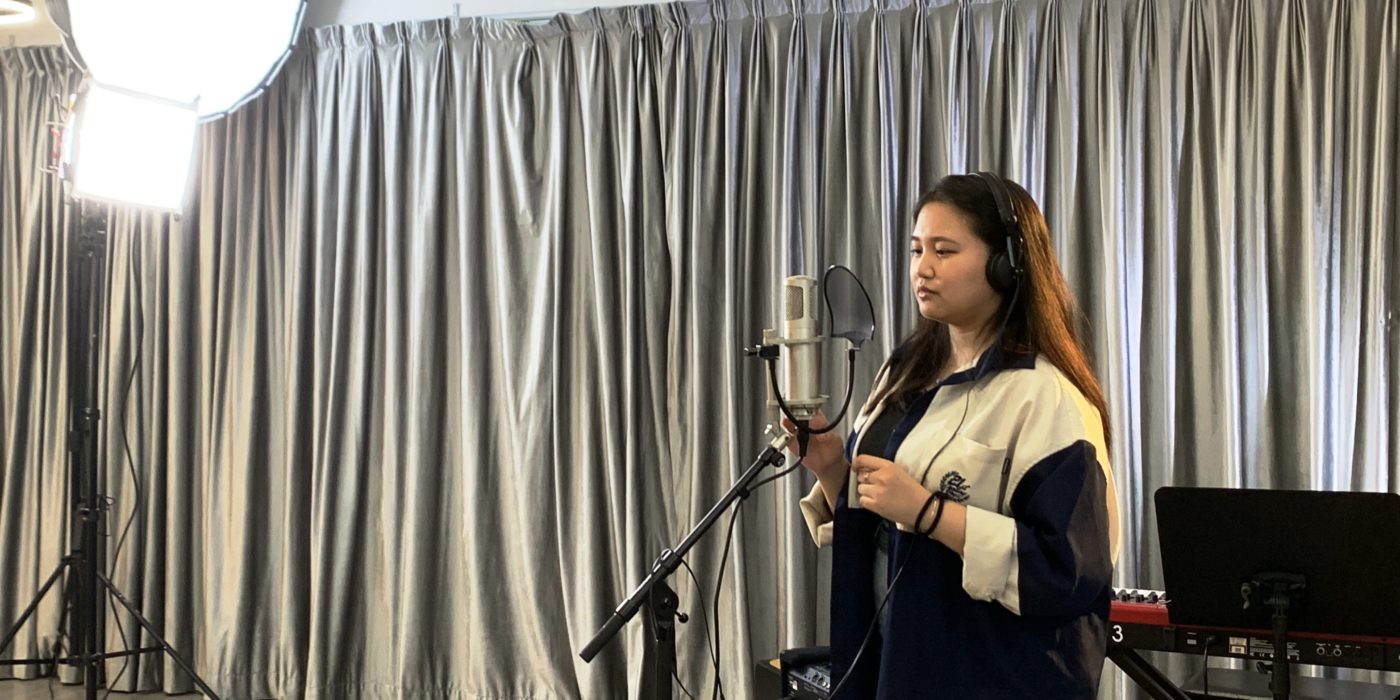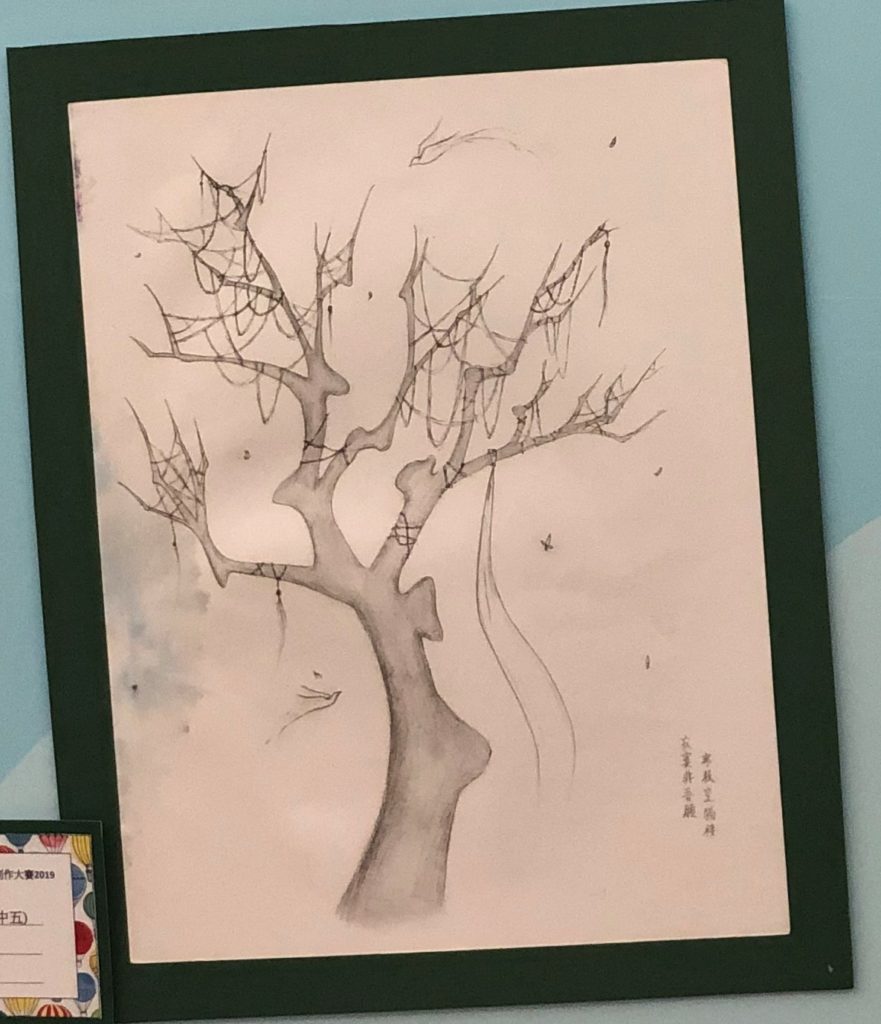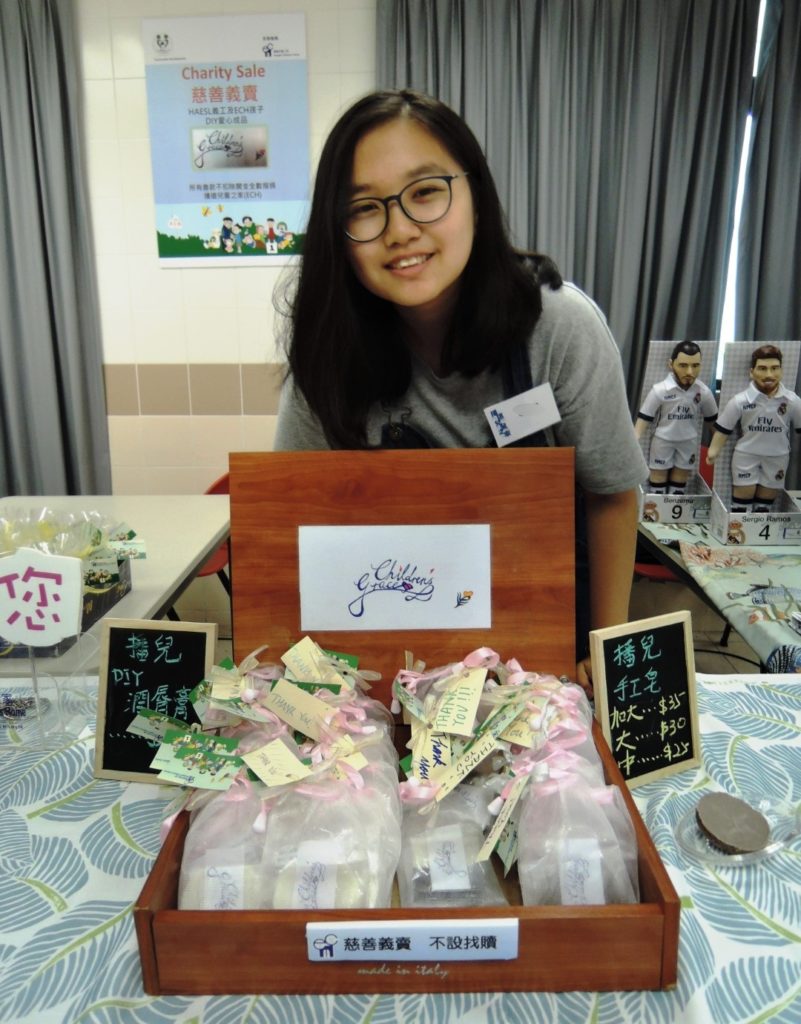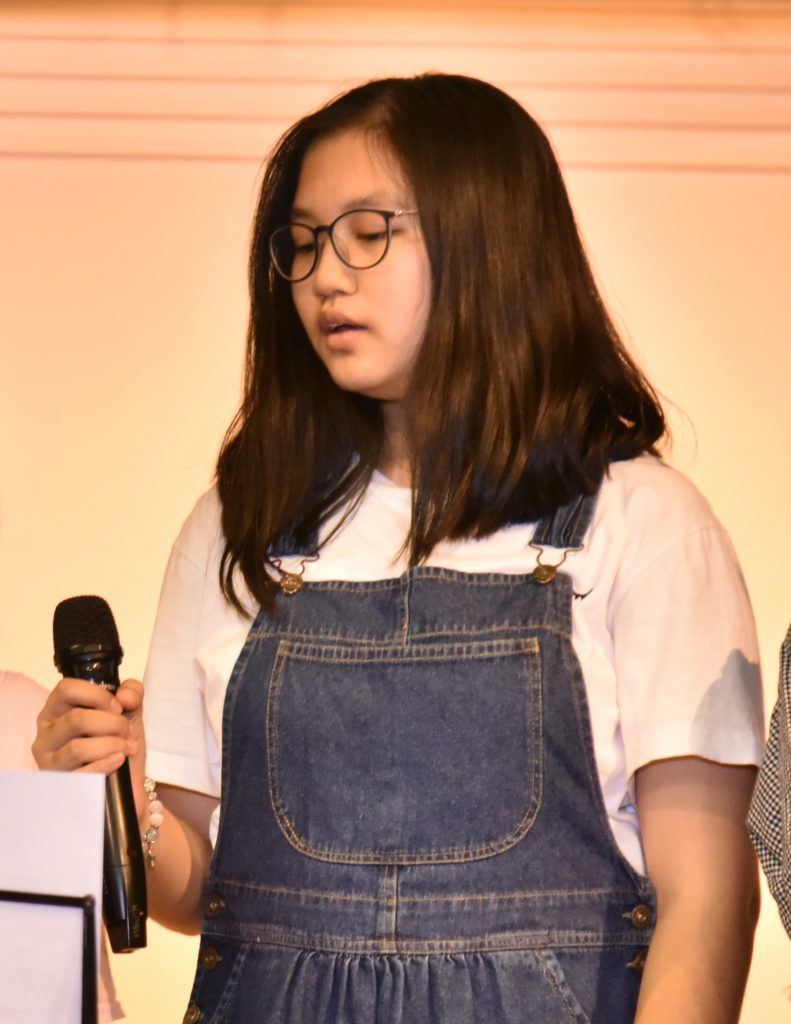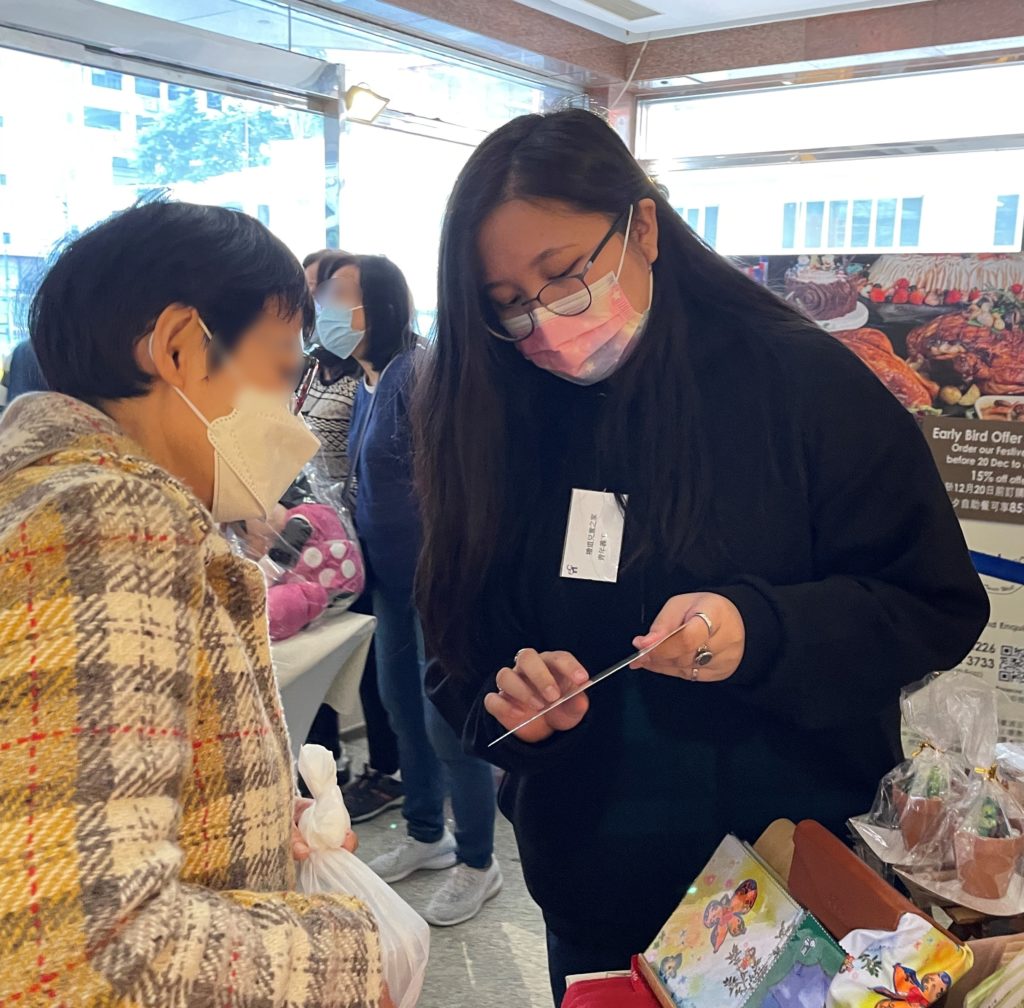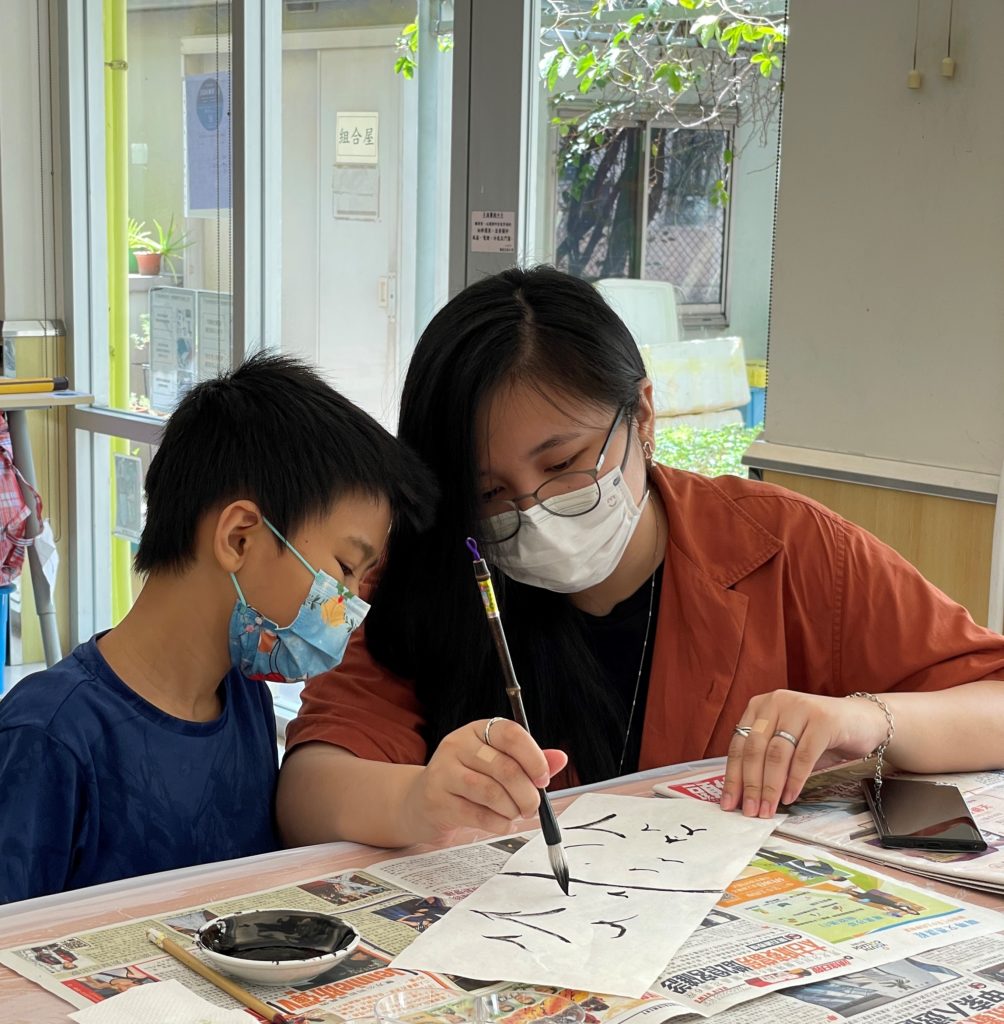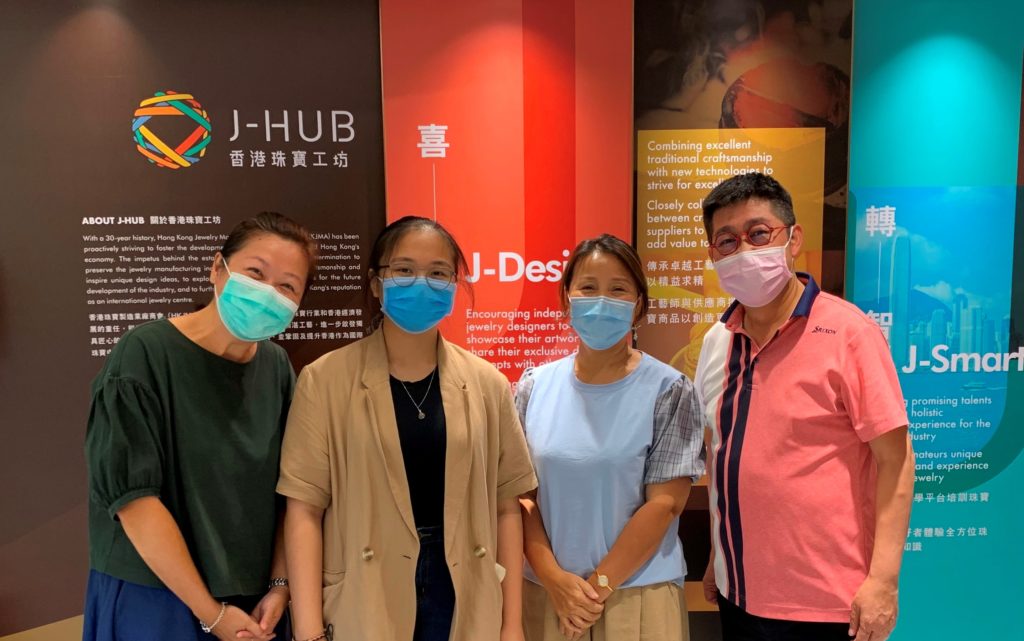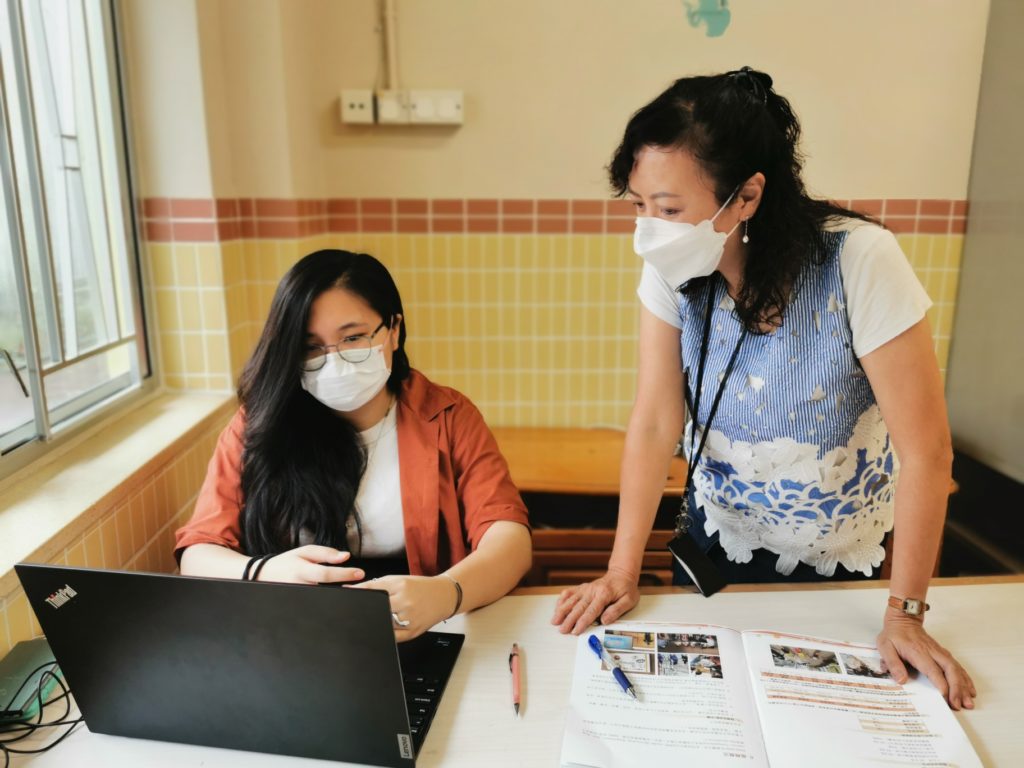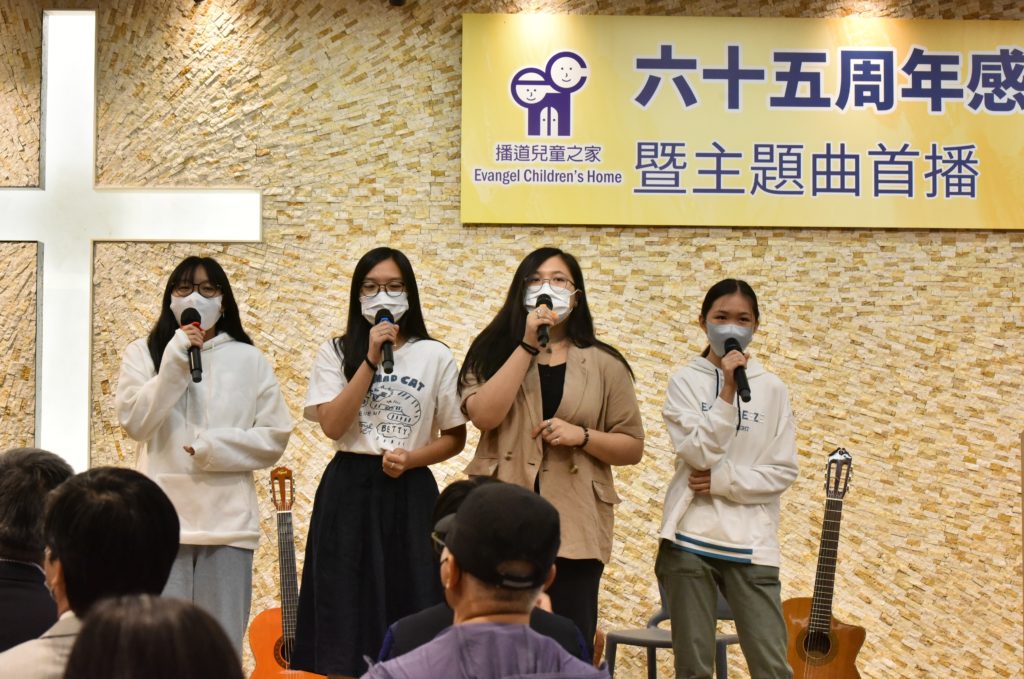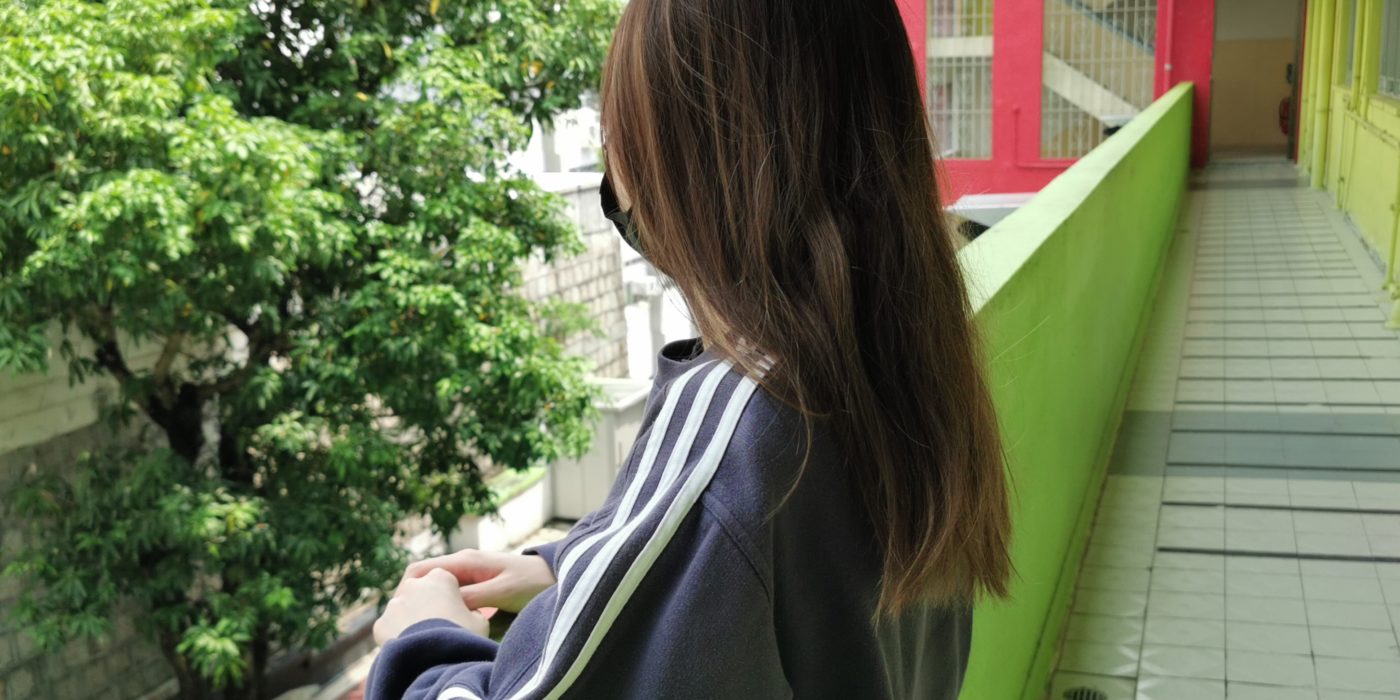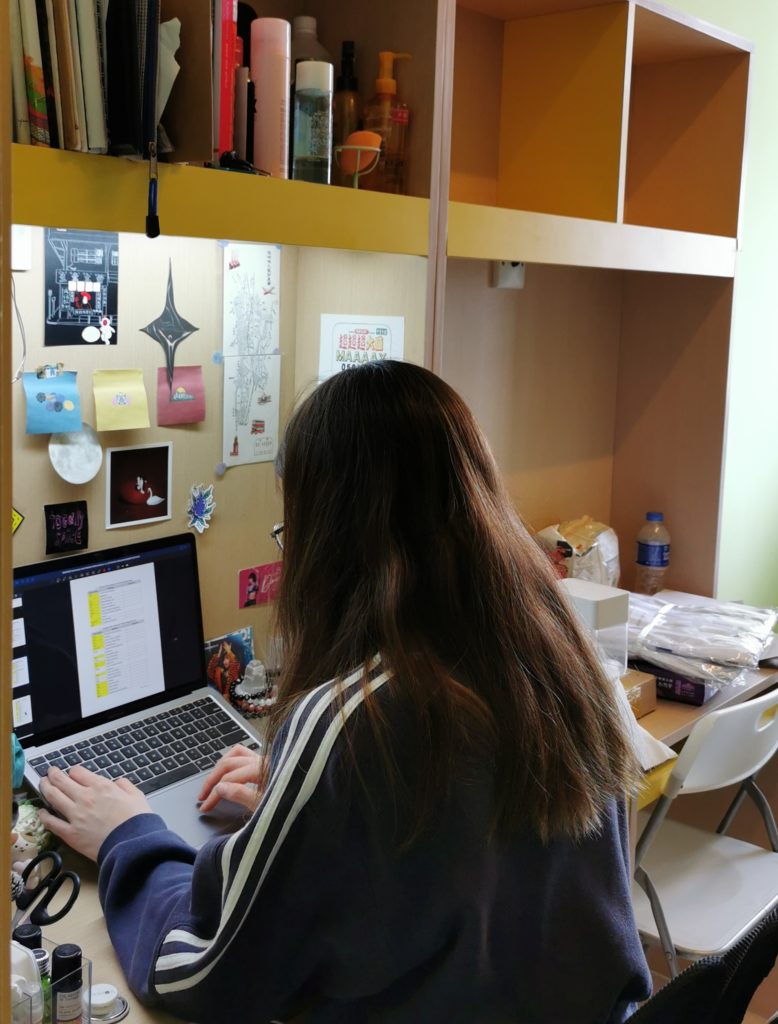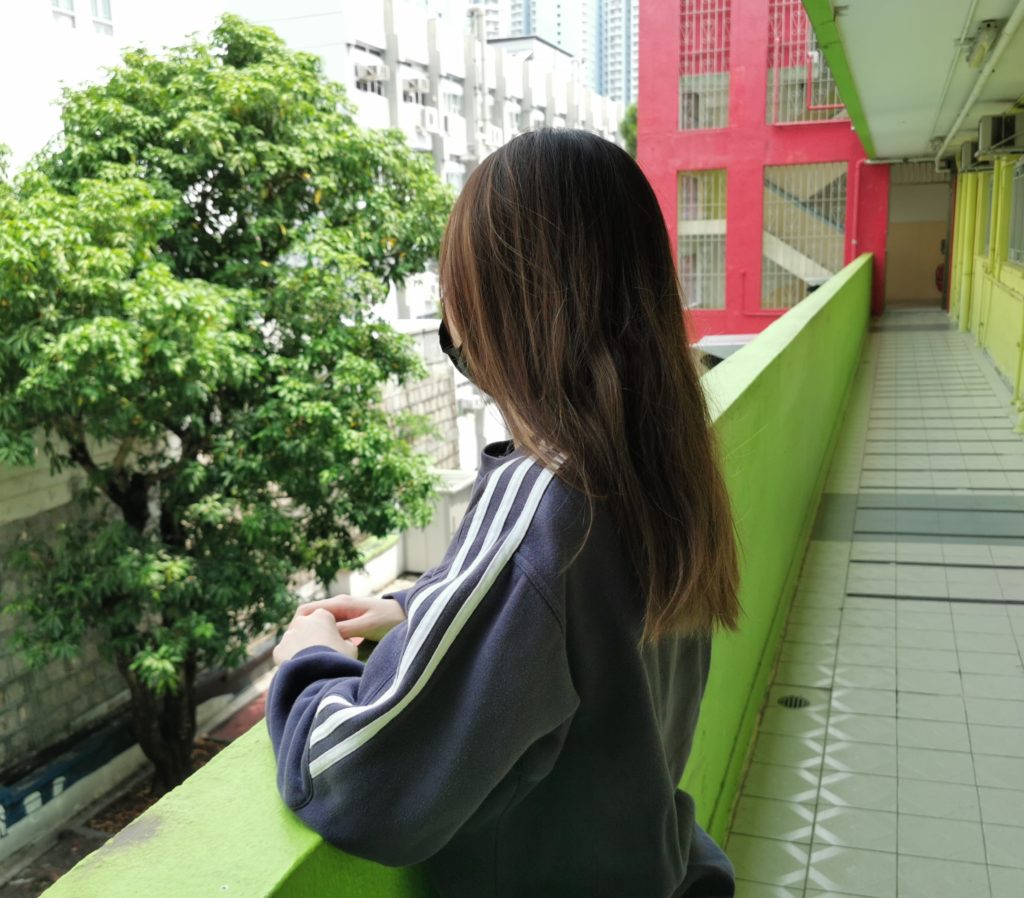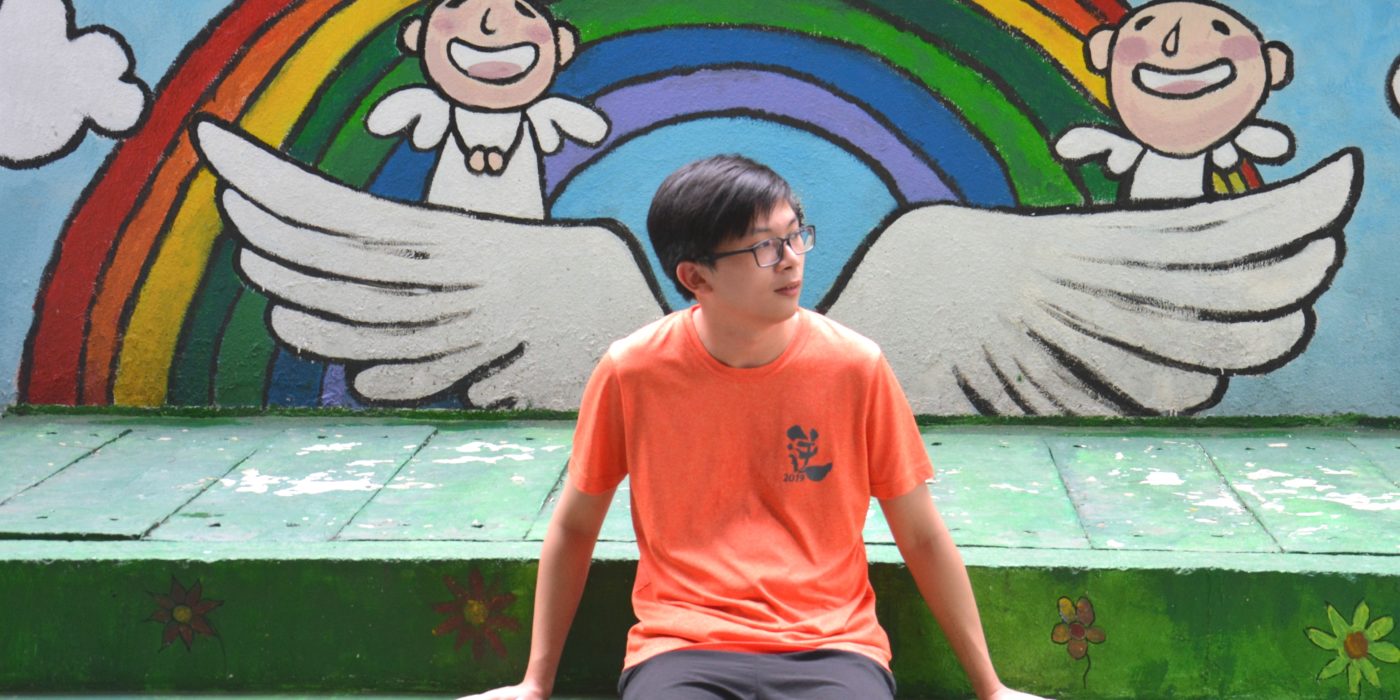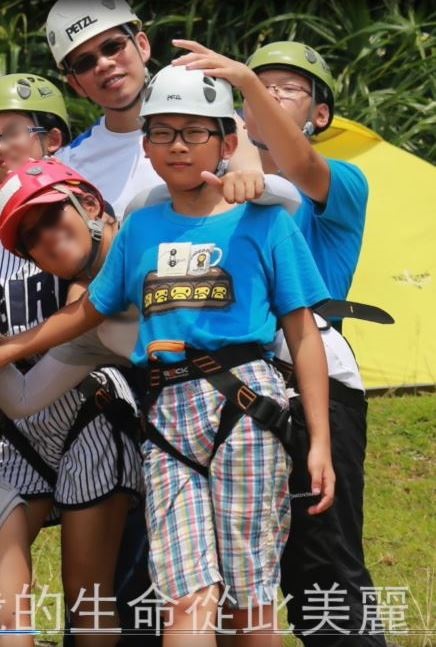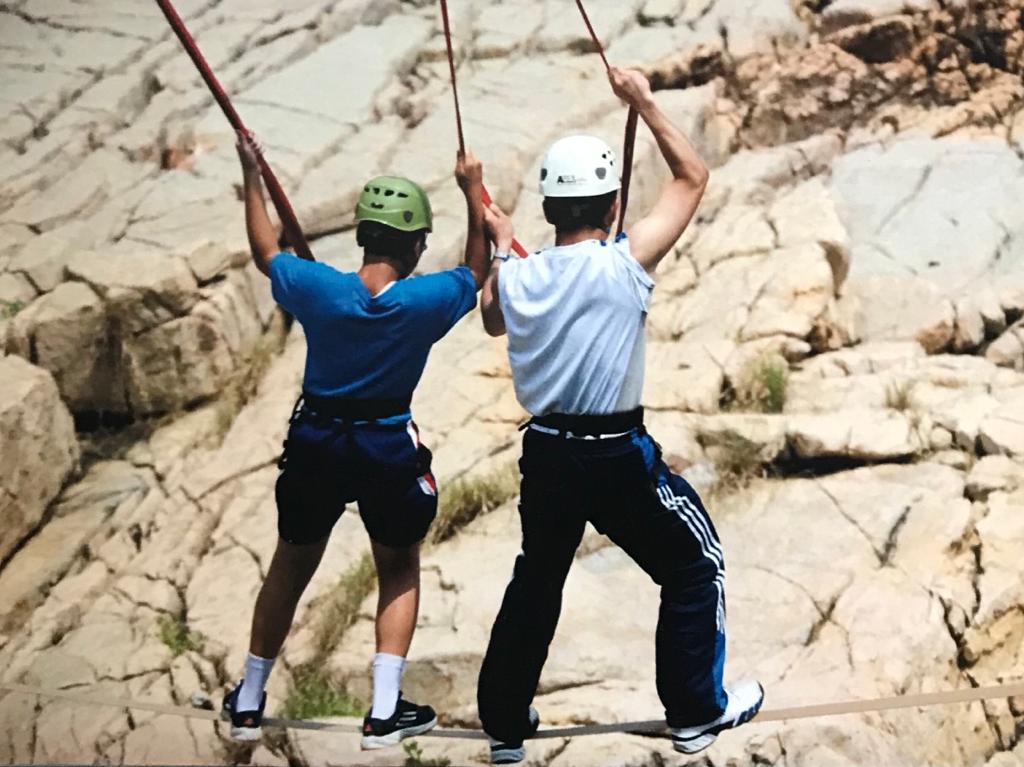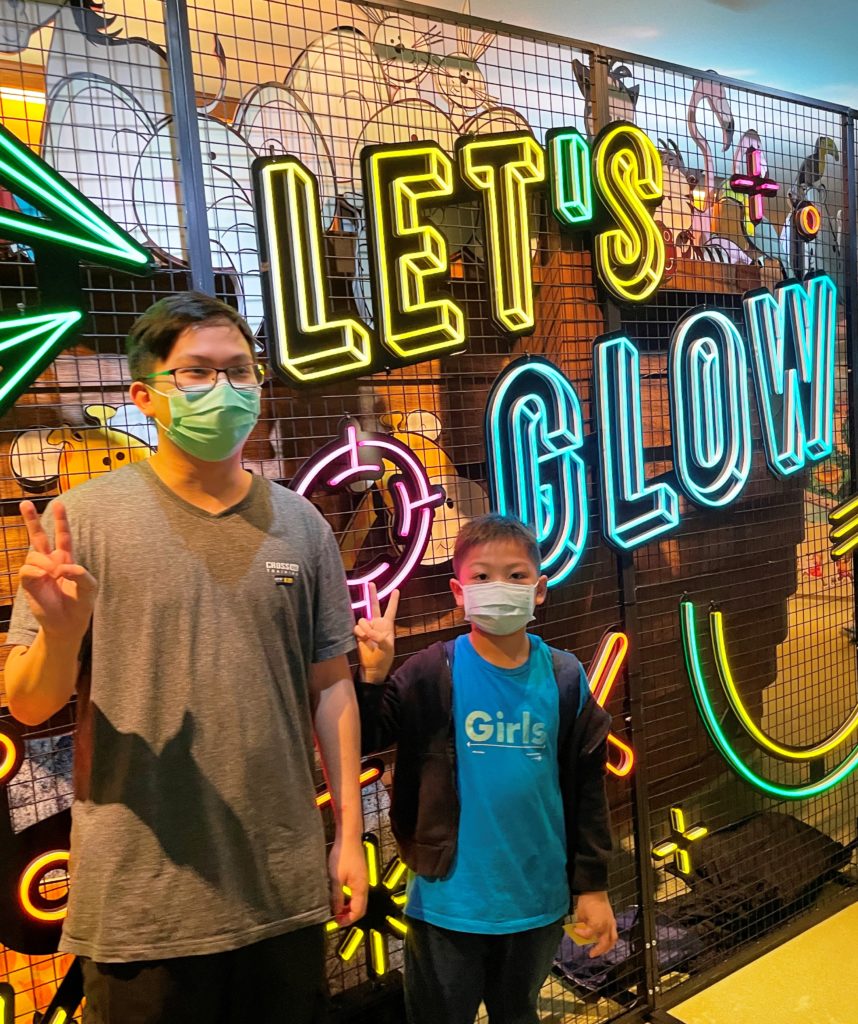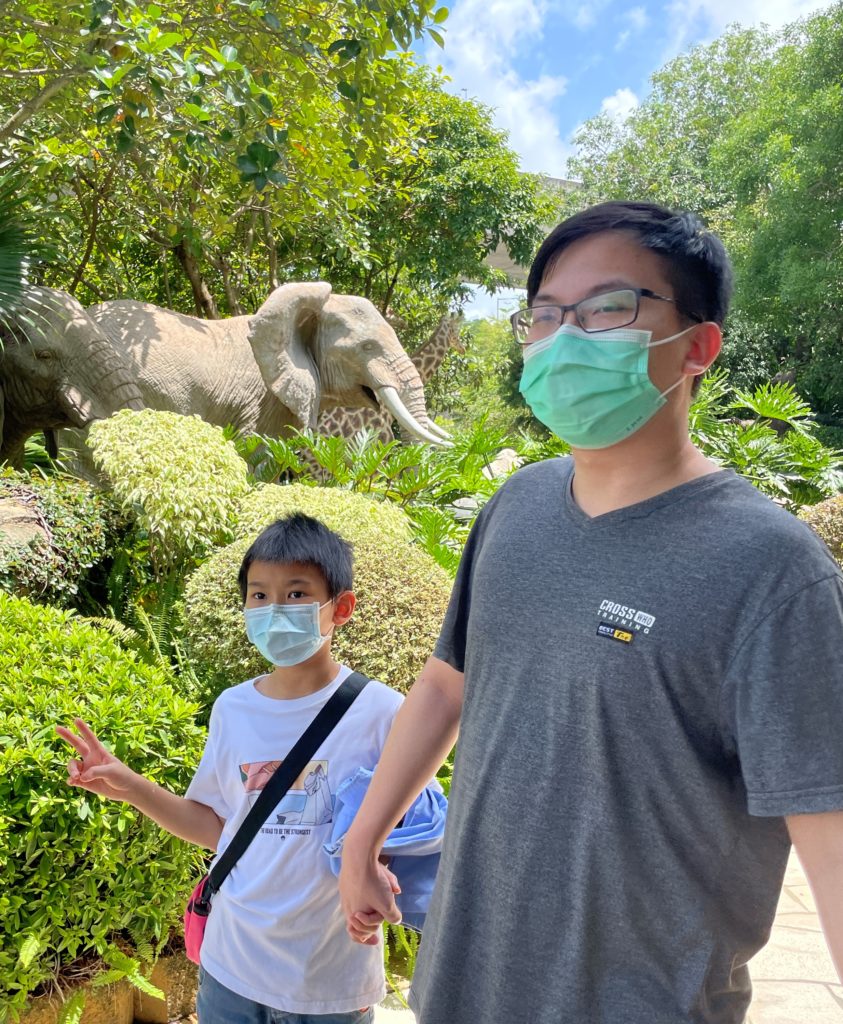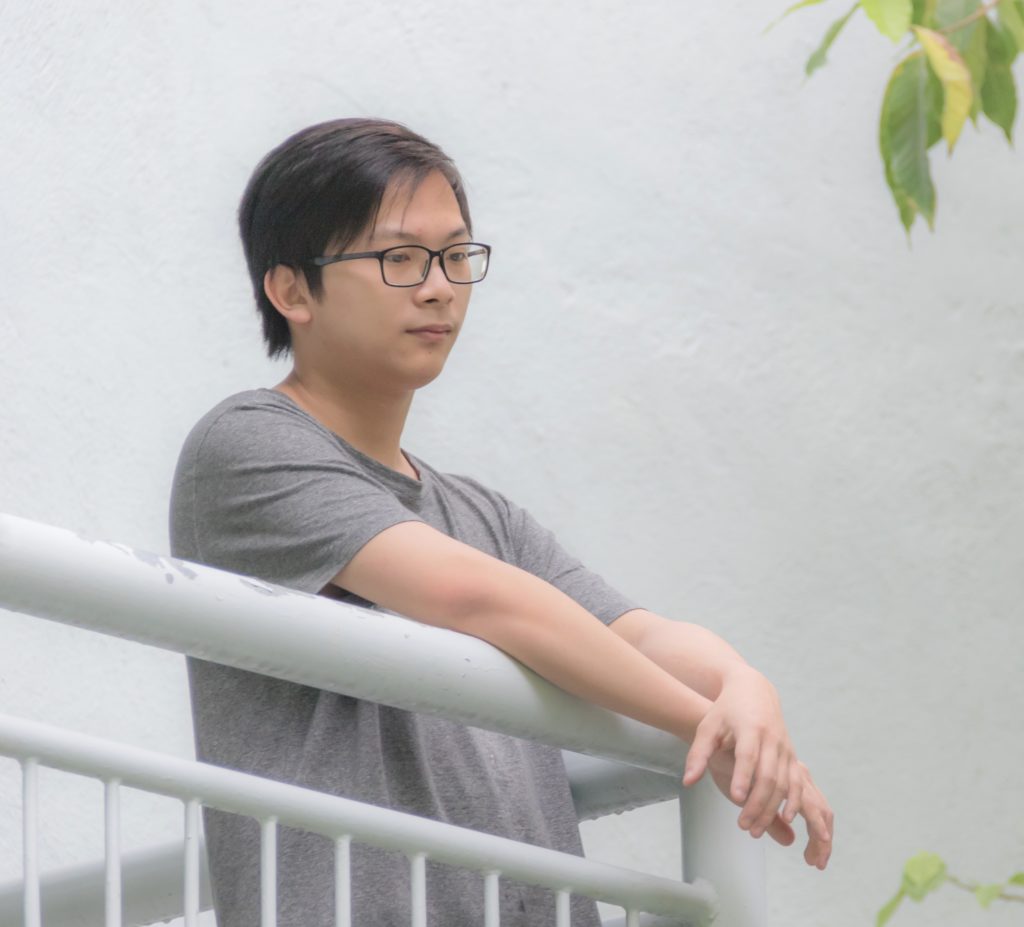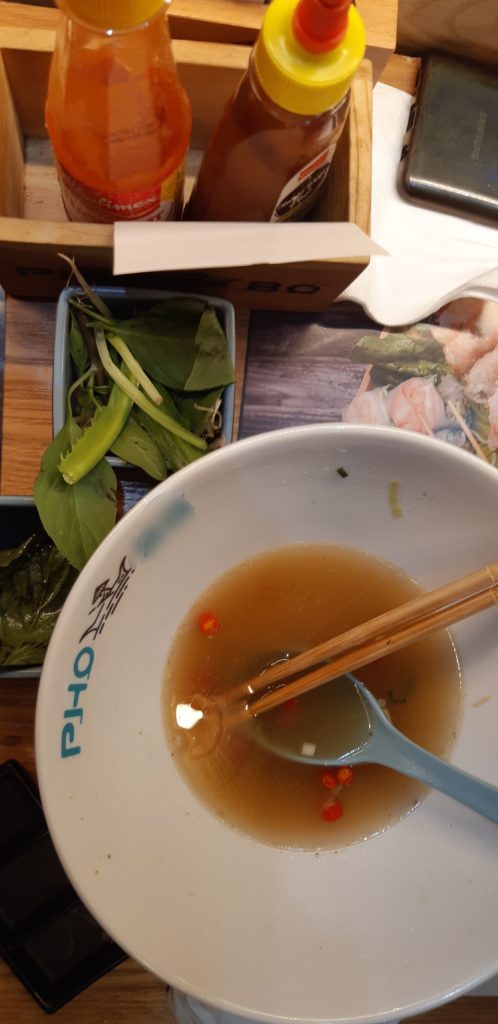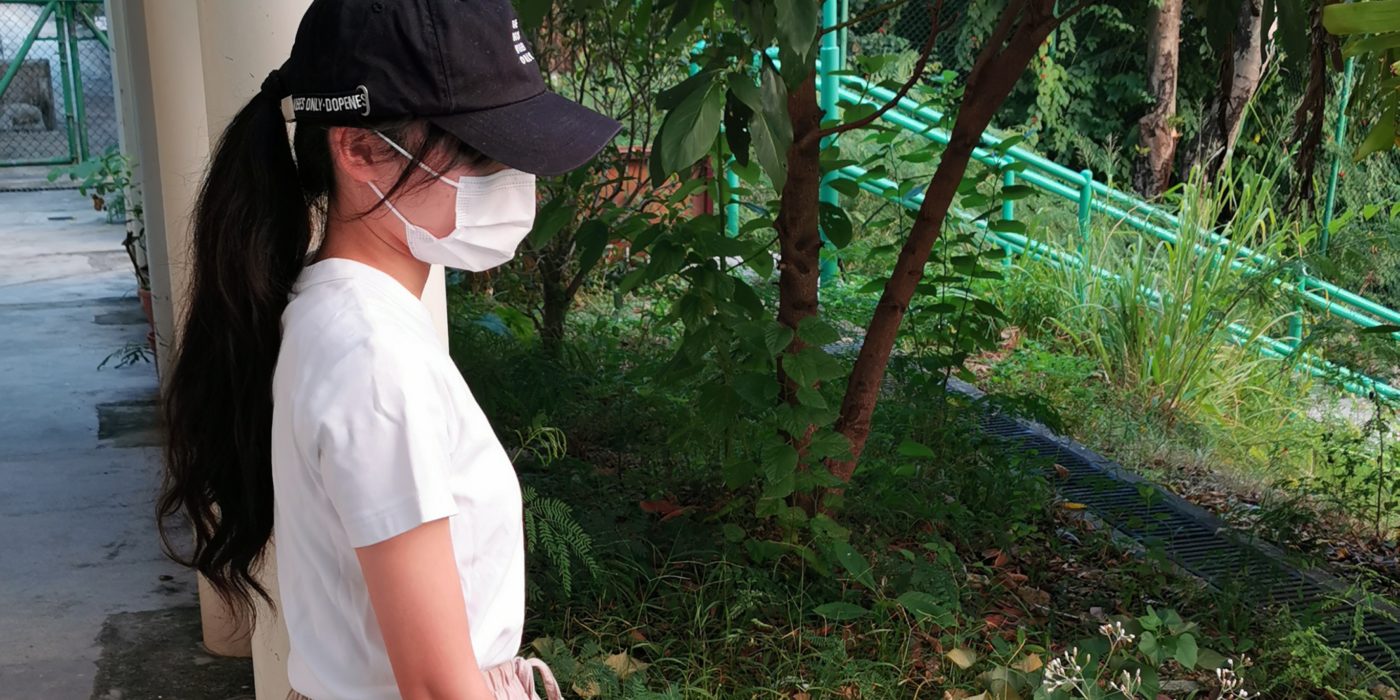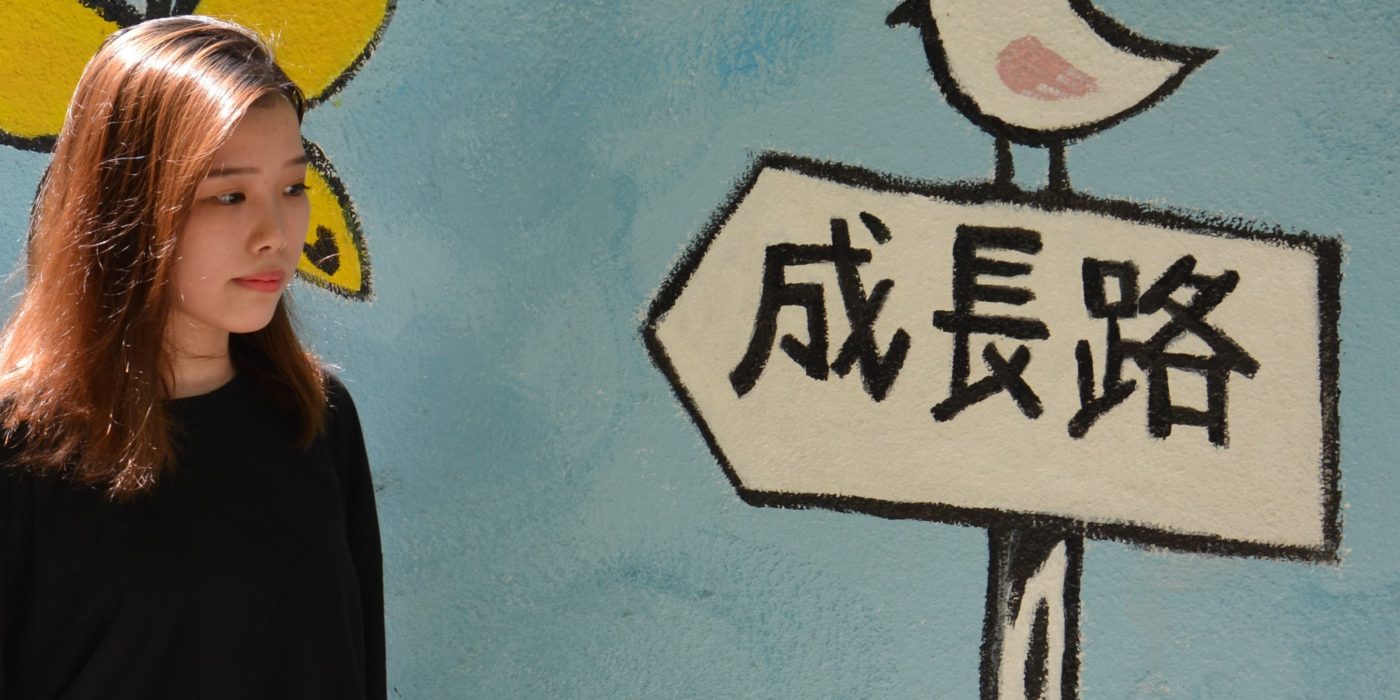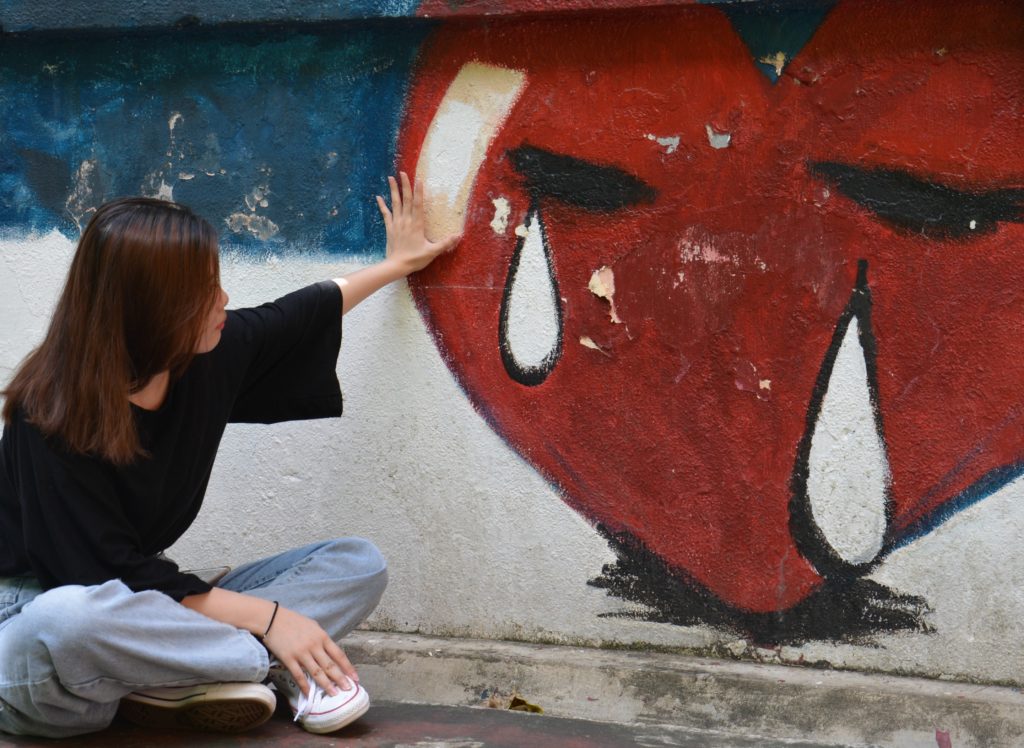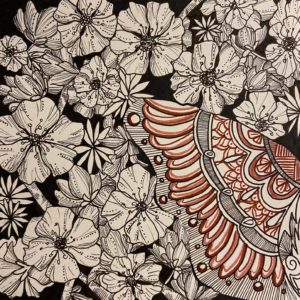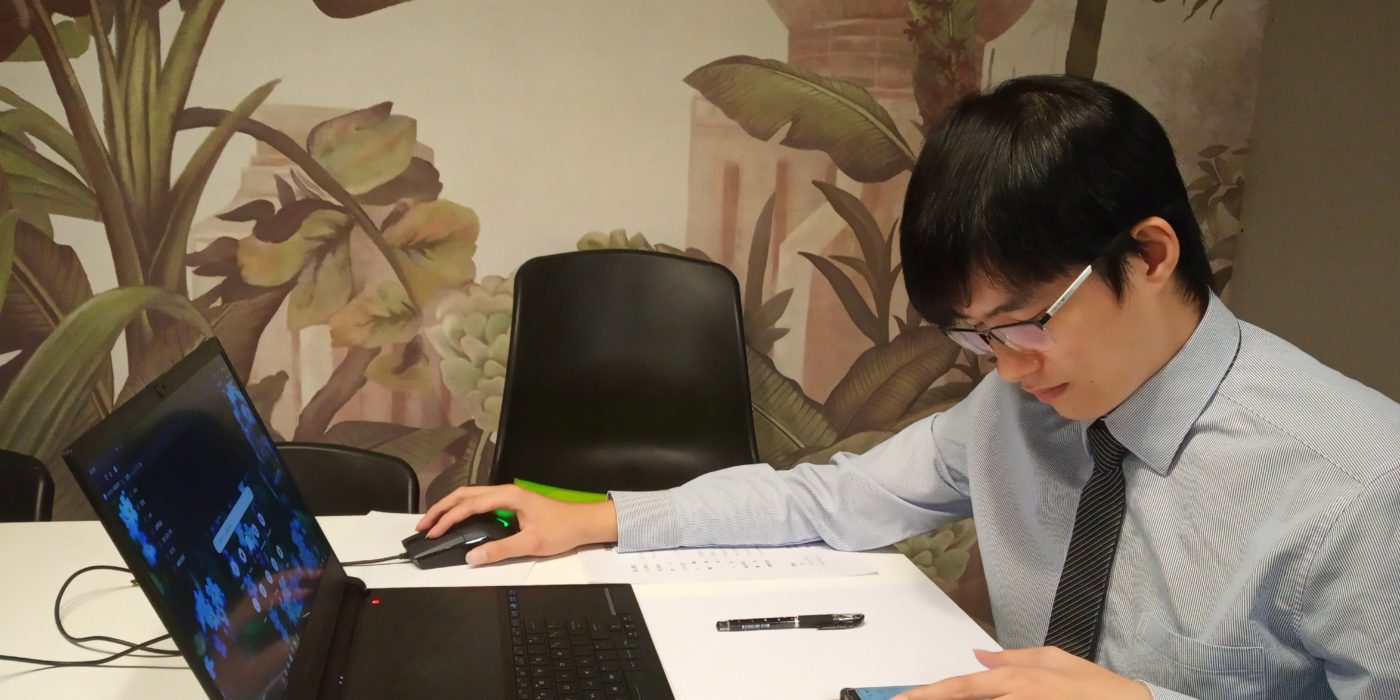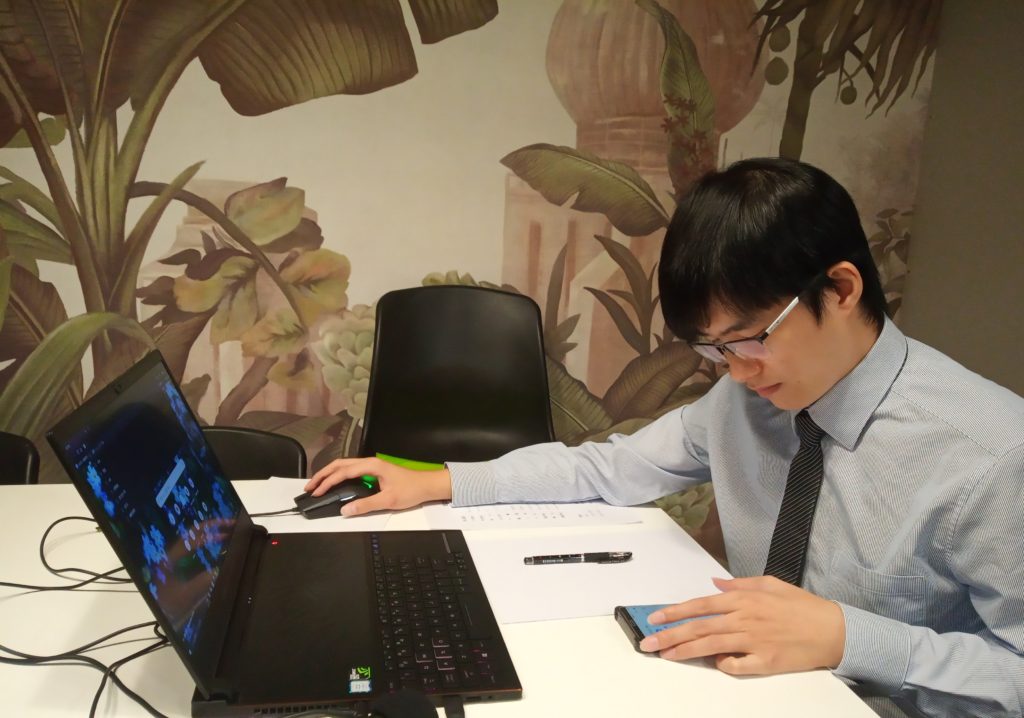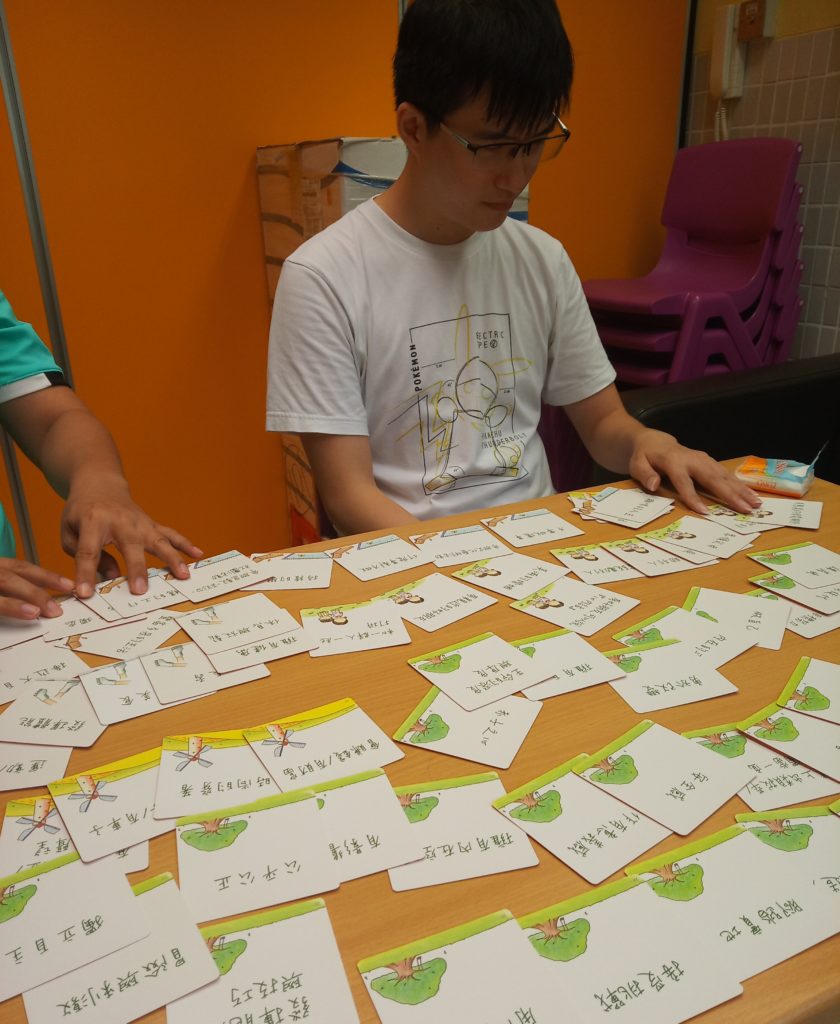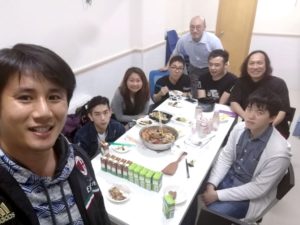“Am I living to survive or to make a living?” A youth who living in our hostel asked one day. Life has various pursuits. However, when someone is still worried about having enough food or a stable place to live every day, in lack of support, he/she may feel exhausted or stuck, and unable to move forward. Bing Bing (alias), who got help from SLY(1) program, broke through the “basic level of existence” and successfully transitioned to stability.
Those youths living in our Youth Home, bear the burden of growing up with trauma and lack of family support. They have to be independent from a young age and need to balance between their studies and earn a living. They struggle to meet their basic needs and thus find it difficult to establish a sense of security and self-esteem. In turn, their motivation for social interaction and personal development is affected. According to *Maslow’s Hierarchy of Needs theory^, they remain at the lowest level, ie. basic level of existence.Bing Bing is one of them.
Bing Bing comes from a single-parent family that faces severe financial difficulties. While trying to make a living, she also has to pay for her basic diploma tuition fees. When she sought help from her mother, she was met with cold stares and harsh words. Bing Bing felt angry at her mother’s lack of care and began to see herself as useless and worthless. Fortunately, a social worker referred her to Evangel Children’s Home Youth Hostel and helped her apply for a startup fund, which assisted Bing Bing in facing her difficult situation timely and transitioning to stability.
When Bing Bing first moved into the Youth home, her emotions were often unstable, and became much stressed when her studies were far behind. After counseling and discussions with the youth workers, Bing Bing decided to switch to work in full time. The mentors arranged an internship for her. She performed well and was eager to learn. The internship provided her with a stable income which can lessen her burden and meet her basic living needs. As she adapted to the work routine, her emotion was more stable gradually. The program helped her to move up satisfying her safety and security needs rather than just the physiological needs.
Through her job, Bing Bing discovered a passion for brewing coffee and planned to become a barista. With a clear goal in mind, she became much more proactive and engaged compared to the early stage she was referred to live in. She is learning different coffee brewing techniques diligently, striving to move up the career and social ladder rather than remain at the “basic level of existence” (described in Maslow’s Hierarchy of Needs theory^).


Our ECH youth worker encourage the young people in the hostel to take steps to overcome their difficulties. With our service intervention, we walk alongside with them, providing support and strength, helping them break through the “basic level of existence.”
Keynote: SLY(1) Program –Second Chance in Life – Transitional Youth Sponsorship Program


